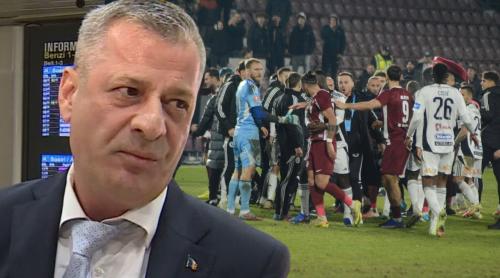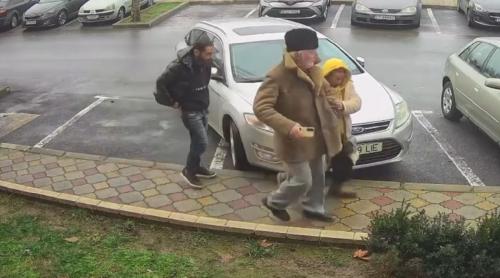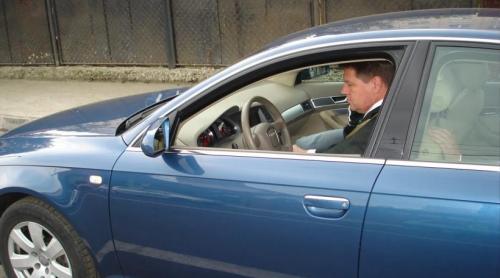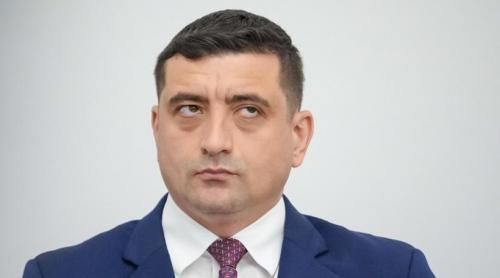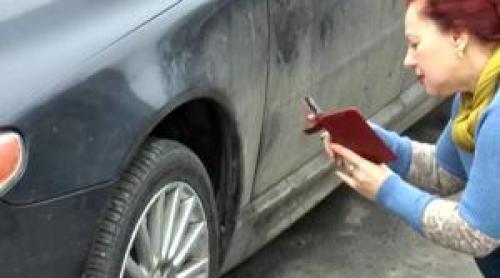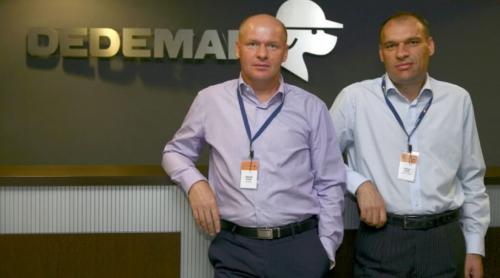
ECONOMICS - February 19th 2005
The hospitality industry in Romania expanded to comprise something completely alien to the country until a few years ago: extreme sports and adventure trips. The untapped resource is likely to bring a few million euros for businesses going into the field, which looks tempting for both the young and the highly trained business people.
By ADRIAN N. IONESCU
 |
The extreme sports are for any season
|
At first Ghita focused his business on providing climbers for the industrial facilities and worked under contract for 2,500 euros with two oil processing companies.
"But the Bucegi or Ciucas Mountains, where we plan to expand our tourism business, are as challenging as the Kilimanjaro Mountaisn are," said Ghita.
He says a quarter of the trip cost goes to the tourist company organizing it; hence the domestic market could cash some three million dollars, if developed.
The market for extreme sports & adventure trips comprises hikes on marked and unmarked routes, mountain cycling, rock climbing with or without special equipment, descending on a rope line, bunji-jumping, survival training, and photo-hunting (meaning using a camera to shot photos of wild life, and not a rifle to shoot down the animals).
Companies like AlpAccess or Valahia Outdoor, from Cluj Napoca city, offer a range of services to tour operators or corporate clients which focus on organizing events for developing the team-building or the leadership qualities.
These companies do not provide accommodation and meals, but subcontract them from other service providers.
While Daniel Todea, the manager of Valahia Outdoor, says that his company already reached that mark last year. Todea says that Romania is a likely destination for such adventure trips because it still has wild, untouched areas, as opposed to Western Europe.
Outward Bound Romania is the local branch of an international association and Ãdám Horváth-Kovács, its local manager, says that OBR provides training only, and does not organize events. Hence, from training only, OBRâs revenues last year reached 30,000 euros.
Kovács thinks too that the market for adventure trips could get to several million euros in a couple of years. According to Ghita, over 6,000 Romanians paid last year over 2,000 dollars each for adventure trips in foreign countries.
Kovács points out to the main difference between a trip focusing on giving the tourists a thrill, and those aiming to make them pause and think over the experience they had.
"Professional ethics should be observed when organizing such trips," agrees Ghita.
"If a rope line or a protection helmet were damaged, you do not use them again. Also, companies which are serious about their business will pay the clientsâ insurance, covering the risk for accidents," says Ghita.
Transleted by ANCA PADURARU
Citește pe Antena3.ro


